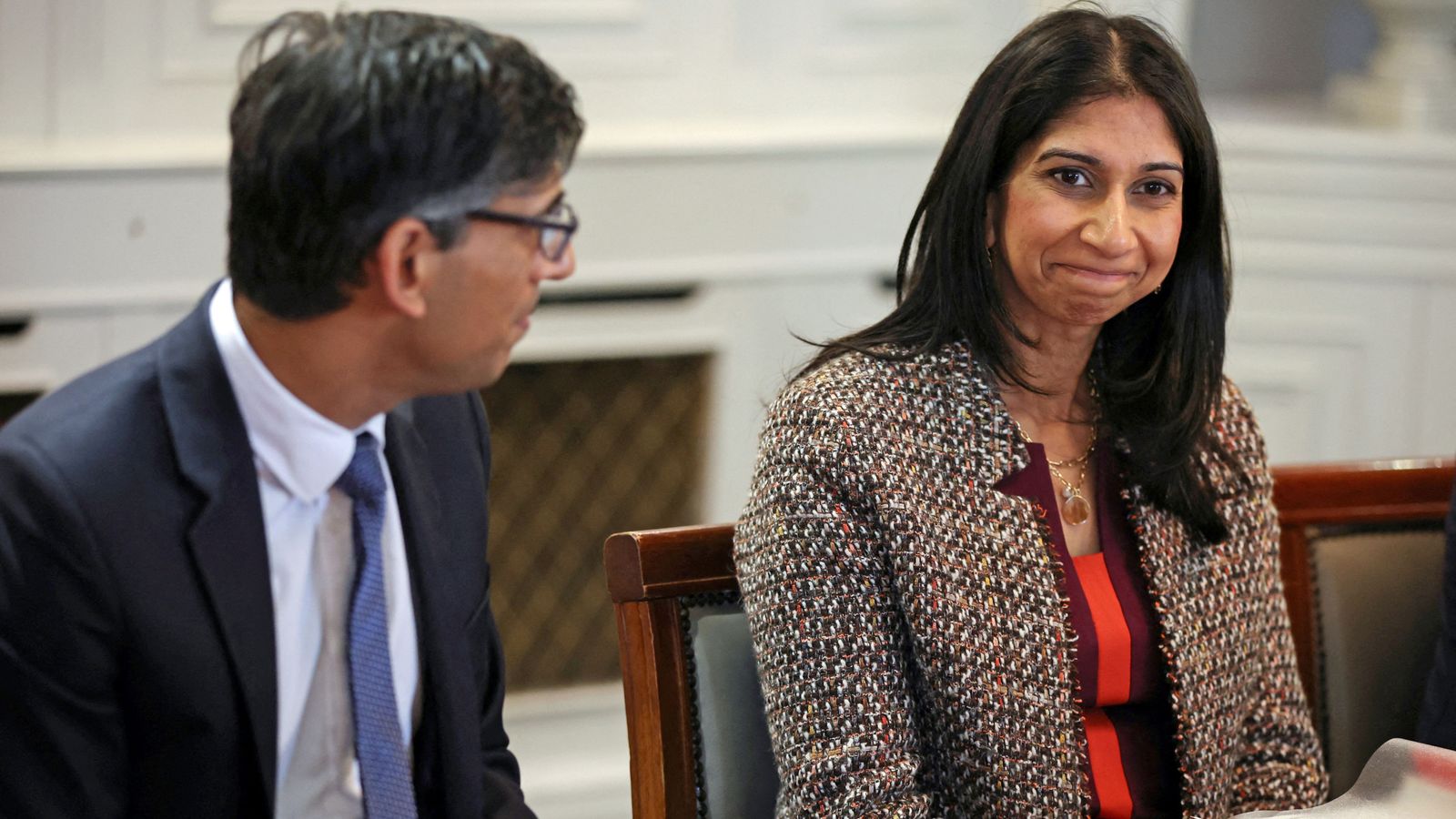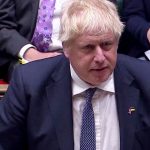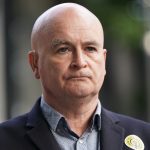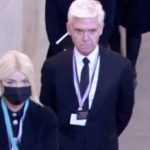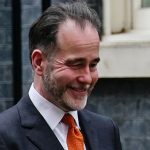Suella Braverman and Rishi Sunak have exchanged letters about the home secretary’s actions after she was fined for speeding last summer.
The letters come after Ms Braverman faced accusations of breaking the ministerial code by involving civil servants in her efforts to avoid a group speeding awareness course.
In a three-page letter to the prime minister, Ms Braverman laid out her version of events, and Mr Sunak responded by saying “further investigation is not necessary”.
Read the full letters below.
From Suella Braverman to Rishi Sunak
Dear Prime Minister,
I am writing to provide further information in relation to my receipt and handling of a speeding ticket, which has been the subject of recent media interest.
Around June 2022, while Attorney General, I was found to be speeding. I received notification that I could take a group speed awareness course or receive a fine and three points on my licence, which was clean at the time. I opted to take the course and booked a date in Autumn.
After arriving at the Home Office in September as Home Secretary, I informed officials in my Home Office Private Office (PO) about the course and asked whether it was appropriate given my new role. This reflected my lack of familiarity with protocol relating to my newly acquired official status as a ‘protected person’, which means I am required to have a close protection security team overseeing my movements, and with me always in public. This involves close protection having knowledge of and involvement in many areas of what would otherwise be considered my ‘private life’, not related to my work as a Minister or Member of Parliament.
In discussions with my Principal Private Secretary (PPS) I was advised that the Cabinet Office’s Propriety and Ethics Team (PET) would be the best source of advice on whether it was appropriate to seek to do the course in a way that protected my privacy, security, and was least disruptive to the course participants and provider. I readily agreed to this suggestion. Consequently, on 28 September 2022 my PPS discussed this with the Permanent Secretary’s Office. The Permanent Secretary’s Office, at the request of the Permanent Secretary, then asked PET for guidance (noting that their own initial view was that this was not a matter for civil servant involvement) and asked if they were aware of any precedents and for any advice. PET advised it was not an appropriate matter for civil servants to take forward. My PPS also rightly pointed out that I needed to be mindful to ensure that I did not ask a company to change their rules due to my position, which neither I, nor to the best of my knowledge anyone acting on my behalf, ever sought to do. My PPS confirmed that I could continue discussing the matter with Special Advisers, and asked them to pick up with me. I made no further requests of officials.
I therefore later engaged with Special Advisers about how we would enable my participation in a way that would maintain my security and privacy. This was to determine whether there were other options possible within the overall framework and rules of the provider.
My preference at this point, following consultation with my Special Advisers, was to attend a group course in person rather than online due to privacy concerns. Participation in a speed awareness course is supposed to be private, and Special Advisers raised concerns about the risk of me being covertly recorded while participating online, and the political ramifications of this. PO and the Permanent Secretary’s officials also had previously advised that participating online risked generating media interest.
However, Special Advisers raised concerns about the difficulties of ensuring the appropriate security arrangements for an in-person course. Their concerns included that my protective Security team might need to join me in the room or be unable to undertake appropriate vetting of other course participants owing to third party privacy concerns.
Special Advisers then contacted the course provider to better understand the range of appropriate options that might be available – and consistent with the course provider’s rules, policies and practices. Based on this further information, I concluded that none of these could satisfactorily address the aforementioned security, privacy and political concerns. I therefore opted to take the points and pay the fine, which I did in November.
I accept that I was speeding and regret doing so. At no point did I try to avoid sanction. My actions were always directed toward finding an appropriate way to participate in the speed awareness course, taking into account my new role as Home Secretary and the necessary security and privacy issues that this raised. My interactions with officials intended to provide appropriate clarification of the options available to me in my role as Home Secretary. Whenever I was informed that a possible option was not available, I accepted that. At no point did I instruct officials to behave contrary to the advice that was provided.
I considered the involvement of my Special Advisers appropriate, given the logistical, security, privacy, media, and therefore political considerations involved. I regret that my attempt to find a way to participate in the course in a manner that would have satisfied these concerns has enabled some to construe a potential conflict of interest. With hindsight, I acknowledge that the better course of action would have been to take the points and fine upfront.
The Ministerial Code sets out that Ministers must provide a list of all interests which might be thought to give rise to a conflict. It does not define what should be included, but it does specify the different types of interests. These are all framed around the responsibility for avoiding a conflict of interest between Ministers’ public duties and their private interests, and tend to relate to ongoing circumstances or relationships. Recognising the importance of integrity and transparency, I approach my declarations with great care and consideration.
The purpose of the form is to declare anything which might interfere, or be perceived to interfere, with a Minister’s integrity when making decisions in the public interest. I did not consider that a speeding infringement or attending a speed awareness course, needed to be disclosed. It is not an ongoing situation with the potential to influence my decisions. In general, minor driving offences tend to be excluded from official forms. For example, barristers are not required to inform the regulator of minor speeding infractions; similarly, these are excluded if you are asked about any criminal history when you apply for a visa to the UK, or in the annual security questions asked of civil servants in the Home Office with heightened security clearance. I note that PET has, since November 2022, introduced references to fixed penalty notices in their introductory discussions with new ministers, recognising that the position was unclear given these are not currently explicitly covered by Ministerial interest forms. I am grateful for this clarity, and in the future would declare any similar speeding course or fine.
As I outlined, I informed my officials of the speeding and driving course, and the Permanent Secretary’s office was involved in the conversations as described above, determining whether it was appropriate for civil servants to engage with the security and logistics of me attending this course. It was never suggested by anyone in my PO or the Permanent Secretary’s Office that I needed to disclose the situation on an updated form. I also understand that, despite being aware of events at the time, at no point did the Permanent Secretary or Cabinet Office suggest that my actions resulted in a conflict of interest or merited any investigation.
I am deeply committed to all the Nolan Principles of Public Life, including honesty, integrity and openness, and I regret that these events have led some to question my commitment. I have at all times been truthful and transparent, and taken decisions guided by what I believed was right and appropriate given my office, not by any personal motivation. Another principle, of course, is leadership: Ministers must hold themselves – and be seen to hold themselves – to the highest standards. I have always strived, and will continue to strive, to do this.
As I say, in hindsight, or if faced with a similar situation again, I would have chosen a different course of action. I sought to explore whether bespoke arrangements were possible, given my personal circumstances as a security-protected Minister. I recognise how some people have construed this as me seeking to avoid sanction – at no point was that the intention or outcome. Nonetheless, given the fundamental importance of integrity in public life, I deeply regret that my actions may have given rise to that perception, and I apologise for the distraction this has caused.
I hope this clearly sets out my involvement in this matter and provides you with all relevant information. Should you require any further information, I will of course be happy to provide it.
Yours sincerely,
Suella Braverman
From Rishi Sunak to Suella Braverman
Dear Home Secretary,
Thank you for your letter and for your time discussing these matters with me.
Integrity, professionalism and accountability are core values of this Government and it is right and proper that where issues are raised these are looked at professionally to ensure the appropriate course of action is taken.
I have consulted with my Independent Adviser. He has advised that on this occasion further investigation is not necessary and I have accepted that advice. On the basis of your letter and our discussion, my decision is that these matters do not amount to a breach of the Ministerial Code.
As you have recognised, a better course of action could have been taken to avoid giving rise to the perception of impropriety.
Nevertheless, I am reassured you take these matters seriously. You have provided a thorough account, apologised and expressed regret.
It is vital that all those in Government maintain the high standards the public rightly expects. I know you share this view, just as we are committed to delivering on the issues that matter to the British people – from making our streets safer and reducing net migration to stopping the boats.
Yours ever,
Rishi Sunak
